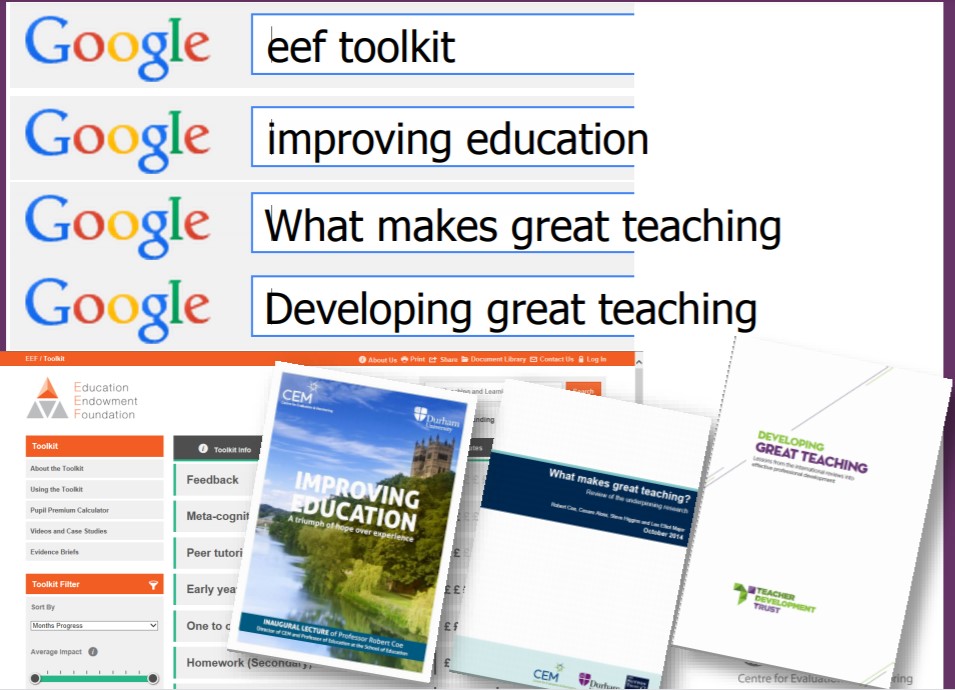11 July 2021

WoW – survive CPD Focus – Embedding Reading Warriors
Using Reading Ages to Inform Teaching
|
READING |
WRITING |
ORACY |
|
|
|
THIS WEEK.
- Study Group Celebration is this Tuesday – Please gather in the ‘Walton’s Return’ after school between C and D block on the picnic tables (following Covid-safety risk assessment please). Grab a drink and sit with another department and discuss your Study Group project for this year.
- New Staff Orientation Day – Tuesday 13th July - New Staff Orientation day
REFLECT
Feedback - Plan - Teach
Link to this term’s CPD focus – Embedding Reading Warriors, developing voice confidence
Key Priorities
- Embedding Reading Warriors when appropriate (but making explicit the skills of clarification, questioning, prediction and summarising).
- Giving students to opportunity to use their voices within your lessons (whether reading their work or from a text)
- Promoting wider reading within your subjects and reading for pleasure
This week, our final week of Walton le Dale’s very own ‘Teaching and Learning Digest’, we ‘what makes great teaching?’ Presenting at the CEM international conference, Professor Rob Coe suggests that: ‘If you make decisions about education, you should be informed by a sound understanding of research. If you want to promote great teaching you need to understand what great teaching is. Developing both kinds of understanding requires substantial professional learning’.
Within his presentation, Coe signposts key research papers:
- What Makes Great Teaching (Sutton Trust)
- Improving Education (CEM)
- Developing Great Teaching (Teacher Development Trust)
He also continues to validate certain approaches, citing the EEF’s Toolkit as a basis for these ‘ratings’:
Whilst we know that context matters and than one size certainly does not fit all, the approaches on the top left of this impact diagram justify our ‘Feedback-Plan-Teach’ philosophy and also our focus on reading comprehension (Reading Warriors) over the last six months.
Reassuringly, Coe outlines six dimensions of ‘Brilliant Teaching and Learning’:
- Pedagogical content knowledge (PCK) – flows through all elements of the Toolkit
- Quality of instruction – Toolkit link: Facilitating Feedback
- Classroom management/behaviour/control – The Basics
- Classroom climate/relationships/expectations – Stretch and Challenge, Engagement
- Beliefs (theory) about subject, learning and teaching – Engagement, (all)
- Wider professional elements: collegiality, CPD, stakeholder relationships
Each of these golden threads interlace our ‘Brilliant Teaching and Learning Toolkit’.
These are the non-negotiables that we practice day-in, day-out:
- Reviewing previous learning
- Setting high expectations
- Using higher-order questions
- Giving feedback to learners
- Having deep subject knowledge
- Understanding student misconceptions
- Managing time and resources
- Building relationships of trust and challenge
- Dealing with disruption
Coe suggests, however, that the following elements are possibly not always embedded with the same rigour (but should be):
- Challenging students to identify the reason why an activity is taking place in the lesson
- Asking a large number of questions and checking the responses of all students
- Raising different types of questions (i.e., process and product) at appropriate difficulty level
- Giving time for students to respond to questions
- Spacing-out study or practice on a given topic, with gaps in between for forgetting
- Making students take tests or generate answers, even before they have been taught the material
- Engaging students in weekly and monthly review
Finally, he suggests that we can only develop great teaching if our practice is underpinned by meaningful CPD. How would you answer these questions? In your CPD, have you:
- Tried to do something that is relevant and supported by research? Y N
- Focused on (and evaluated success against) students’ learning outcomes? Y N
- Engaged in activity that:
- Surfaced, challenged and developed your thinking about learning and teaching Y N
- Modelled/demonstrated new approaches Y N
- Allowed experimentation to adapt/apply approaches to your classroom Y N
- Included observation and feedback Y N
- Drawn on explicit support from external experts, networks, coaches/mentors, school leaders. Y N
So as we take some time out to reflect on our achievements of the last academic year (of which there have been many), also take some time to reflect on your own classroom practice:
- What are you most proud of this year?
- What would you like to improve?
- How do you intend to do this?
- How can we help?
As we return in September, we can address these questions together as we ASPIRE to be even better.
TOP TIPS
Many thanks to all who have delivered Top Tips, albeit somewhat differently this year. The support staff have given to one another has been inspirational and humbling.
Our CPD Library holds a wealth of shared resources, including our Top Tips.
CPD CASCADE
Demystifying Social Media in Education – Free Webinar
Gender Responsive and Disability Inclusive Education for All – Free Webinar
The Future of Education Global Summit – Teaching for Global Understanding - Free
Reimagine Education: Technology’s Role in Changing Education – free
The National College
Please contact RLO if you have forgotten your login. You will need this for September.
Feedback - Plan - Teach
Posted by Rachel Long
Category: Teaching and Learning Digests
